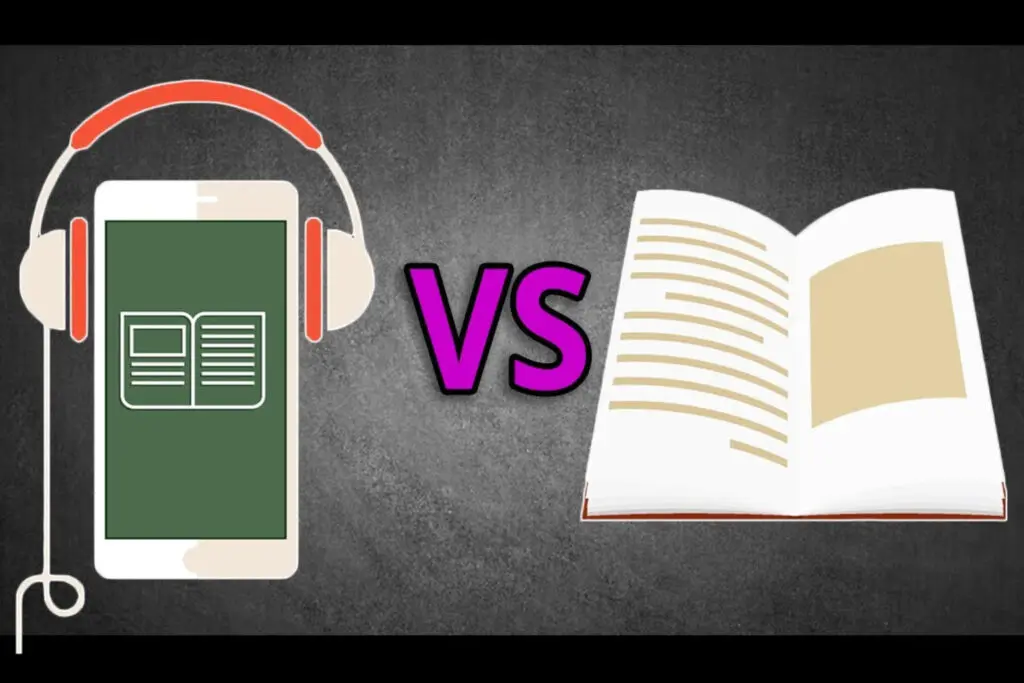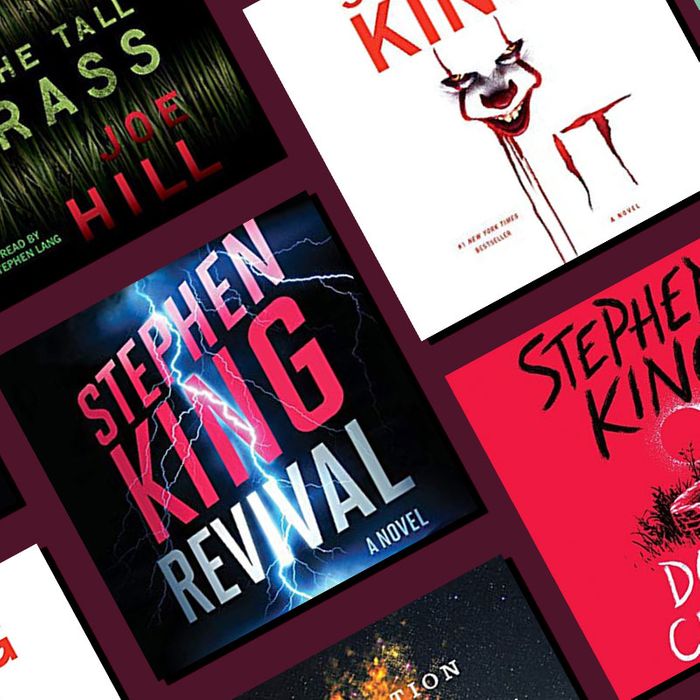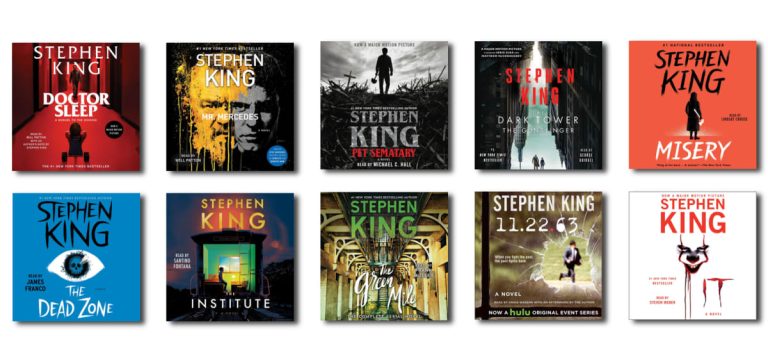Is It Better To Read Or Listen To A Book?
When it comes to enjoying a good book, the age-old question arises: Is it better to read or listen to a book? It’s a debate that has sparked countless conversations among bookworms and literary enthusiasts alike. Some argue that the tactile experience of flipping through pages and immersing oneself in the written word is unparalleled. Others contend that listening to a book, with its soothing narration and ability to multitask, offers a unique and convenient way to consume stories. So, which side of the debate will you find yourself on? Let’s dive in and explore the merits of both reading and listening to books.
For those who advocate the joys of reading, the act of holding a physical book in your hands can be a sensory delight. The crisp pages beneath your fingertips, the sound of each turn as you progress through the story, and the ability to visualize the characters and settings in your own imagination all contribute to a rich and personal reading experience. Additionally, reading allows you to pause, reflect, and savor each sentence at your own pace, immersing yourself in the author’s prose and uncovering the nuances of the story. Whether you prefer the smell of ink on paper or the convenience of an e-reader, reading a book offers a tactile and intimate connection to the written word.
On the other hand, those who champion the merits of listening to a book argue that it brings stories to life in a whole new way. With the rise of audiobooks and platforms like Audible, you can now enjoy your favorite novels while going about your daily activities. Whether you’re commuting, exercising, or simply relaxing at home, listening to a book allows you to make the most of your time. The narrators’ expressive voices, accents, and intonations add a layer of depth and emotion to the story, enhancing the overall experience. Furthermore, audiobooks offer accessibility to those who may have difficulty reading due to visual impairments or other challenges. They provide an inclusive and immersive way to enjoy literature.
In the end, whether you choose to read or listen to a book is a matter of personal preference. Both methods have their advantages and can offer unique experiences. So, grab a cup of tea, find a cozy spot, and embark on your literary journey, whether through the pages of a book or the sound waves of an audiobook. The magic of storytelling awaits you, no matter which path you choose to take.
When it comes to experiencing a book, whether it’s better to read or listen to it depends on personal preference and circumstances. Reading a book allows for a more immersive experience, as you can visualize the characters and settings in your own way. It also improves reading and comprehension skills. On the other hand, listening to a book offers convenience, especially for those with busy schedules. It allows you to multitask and enjoy a book while doing other activities. Ultimately, the choice between reading or listening to a book boils down to what works best for you.

Is it Better to Read or Listen to a Book?
When it comes to enjoying a good book, there are two main options: reading it in print or listening to it as an audiobook. Both formats have their own unique advantages and appeal to different types of readers. In this article, we will explore the benefits of both reading and listening to books, and help you decide which option may be better suited for you.
Benefits of Reading a Book
Reading a book in the traditional print format has been a beloved pastime for centuries. There is something magical about holding a physical book in your hands, turning the pages, and immersing yourself in the story. Here are some of the key advantages of reading:
- Engagement: Reading requires active engagement from the reader. You have to focus on the words, visualize the scenes, and create the characters in your mind. This interactive experience can enhance your cognitive skills and imagination.
- Flexibility: With a book, you have the freedom to read at your own pace, go back and reread passages, and skip ahead if you wish. You can also easily bookmark pages and make notes in the margins, which can be helpful for studying or referencing later.
- Tactile Experience: The physical act of holding a book, feeling the weight of the pages, and flipping them adds a sensory element to the reading experience. Many readers find this tactile experience comforting and enjoyable.
- No Distractions: When you read a book, you can fully immerse yourself in the story without the distractions of notifications, ads, or other digital interruptions. This can help create a more focused and intimate reading experience.
These benefits make reading a book a cherished activity for many bookworms. However, audiobooks offer their own set of advantages that may appeal to different types of readers.
Benefits of Listening to an Audiobook
Audiobooks have gained tremendous popularity in recent years, thanks to advancements in technology and the convenience they offer. Here are some reasons why listening to an audiobook can be a great alternative to reading:
- Accessibility: Audiobooks allow people with visual impairments or reading difficulties to enjoy books. They also provide a way for busy individuals to consume books while multitasking, such as during commutes or while doing household chores.
- Narration: A skilled narrator can bring a story to life through their voice acting and interpretation of characters. Listening to an audiobook can enhance the storytelling experience and add a new dimension to the narrative.
- Convenience: With audiobooks, you can carry an entire library in your pocket. They are easily accessible on smartphones, tablets, or dedicated audiobook devices. You can listen to books anytime, anywhere, without the need for physical storage or carrying heavy books.
- Multi-Sensory Experience: Audiobooks often include sound effects, music, and multiple narrators, creating a more immersive and cinematic experience. This can make the story feel more vivid and engaging.
Listening to an audiobook can be a delightful and convenient way to enjoy books, especially for those who lead busy lives or have difficulty reading. However, it’s important to note that personal preferences and individual circumstances play a significant role in determining whether reading or listening is the better choice for you.
Factors to Consider
When deciding whether to read or listen to a book, there are a few factors to consider:
1. Personal Preference
Some people simply enjoy the tactile experience of reading a physical book, while others prefer the convenience and flexibility of audiobooks. Consider which format aligns better with your personal preferences and brings you the most enjoyment.
2. Time and Convenience
If you have a busy schedule or find it challenging to dedicate time specifically for reading, audiobooks can be a great solution. They allow you to listen to books while engaged in other activities like commuting, exercising, or doing household chores.
3. Comprehension and Retention
Some individuals find it easier to comprehend and retain information when they read it in print. Others may have better auditory processing and retain more information when listening to an audiobook. Reflect on your own learning style and how you best absorb information.
4. Genre and Content
The genre and content of the book can also influence your preference for reading or listening. For example, complex non-fiction books may require more focus and concentration, making reading a better choice. On the other hand, fiction books with engaging narration may be more enjoyable as audiobooks.
Final Thoughts
Ultimately, whether it’s better to read or listen to a book depends on your personal preferences and circumstances. Both formats offer unique benefits and can enhance your reading experience in different ways. The important thing is to enjoy the journey of storytelling, regardless of the format you choose. So, grab that book or plug in your headphones, and let the world of literature transport you to new and exciting realms.
Key Takeaways: Is it better to read or listen to a book?
- 1. Reading allows for active engagement and better comprehension.
- 2. Listening to a book can be convenient for multitasking or on-the-go situations.
- 3. Reading helps improve vocabulary and language skills.
- 4. Listening to a book can bring characters and stories to life through voice acting.
- 5. Both reading and listening have their own unique benefits, so it’s a matter of personal preference.
Frequently Asked Questions
Question 1: What are the advantages of reading a book?
Reading a book offers several advantages. Firstly, reading allows for a deeper level of engagement with the text. When reading, you have the ability to pause, reflect, and reread passages that may require further understanding. This allows for a more thorough absorption of information and enhances comprehension.
Secondly, reading stimulates the imagination. As you read, your mind creates vivid images and scenarios based on the author’s descriptions. This helps to develop creativity and can transport you to different worlds and perspectives.
Question 2: What are the benefits of listening to a book?
Listening to a book has its own unique set of benefits. One advantage is the convenience it offers. You can listen to a book while performing other tasks such as driving, exercising, or doing household chores. This multitasking ability allows you to make the most of your time and fit more reading into your day.
Additionally, listening to a book can enhance the storytelling experience. Hearing the narrator’s voice brings the characters and story to life in a different way than reading alone. It adds an extra layer of emotion and can make the story more immersive.
Question 3: Which method is better for retention of information?
Both reading and listening to a book can be effective for retaining information, but it ultimately depends on the individual. Some people have a stronger auditory memory and may find it easier to remember details when listening to a book. Others may have a visual learning style and benefit more from reading.
It can also depend on the content of the book. For complex or technical information, reading allows for easier reference and the ability to go back and review specific sections. However, for narrative-driven books, listening can enhance the emotional connection to the story and aid in remembering key plot points.
Question 4: Does reading or listening to a book improve language skills?
Both reading and listening to a book can contribute to improving language skills. Reading exposes you to a wide range of vocabulary, sentence structures, and writing styles. It helps to expand your vocabulary and improve your understanding of grammar and syntax.
Listening to a book, on the other hand, helps with pronunciation, intonation, and overall fluency in spoken language. It allows you to hear proper sentence structures and natural speech patterns, which can positively impact your own speaking and listening abilities.
Question 5: Can reading and listening be combined for an optimal reading experience?
Absolutely! Many people find that combining reading and listening can enhance their overall reading experience. Some e-books and audiobooks offer the option to switch between reading and listening, allowing you to seamlessly transition between the two.
This hybrid approach can be particularly beneficial for challenging texts or when trying to improve language skills. By following along with the text while listening, you can reinforce comprehension and improve both reading and listening abilities simultaneously.
Audiobooks vs Reading: Which is better?
Final Thought: Should You Read or Listen to a Book?
As we’ve explored the question of whether it’s better to read or listen to a book, it’s clear that there isn’t a one-size-fits-all answer. Both reading and listening to books have their own unique advantages and can cater to different preferences and circumstances. Ultimately, the choice between reading and listening comes down to personal preference and the specific situation at hand.
For those who enjoy the tactile experience of holding a physical book, flipping through the pages, and immersing themselves in the written word, reading is undoubtedly the way to go. It allows for a deeper connection with the text, giving readers the freedom to go at their own pace and easily revisit passages that resonate with them. Moreover, reading enhances critical thinking, concentration, and imagination, making it an invaluable exercise for the mind.
On the other hand, listening to audiobooks offers a convenient and accessible way to enjoy literature. It allows you to multitask and consume books during activities such as commuting, exercising, or doing household chores. Audiobooks bring stories to life through skilled narrators who can infuse emotion and different voices into the characters, enhancing the overall experience. They also provide a great option for individuals with visual impairments or those who struggle with reading due to dyslexia or other learning disabilities.
In conclusion, whether you choose to read or listen to a book, the most important thing is to engage with the content and immerse yourself in the world of storytelling. Each medium has its own merits and can be enjoyed in different situations. So, embrace the power of words in whichever form resonates with you and embark on countless adventures through the pages or the soundwaves. Happy reading or listening!





